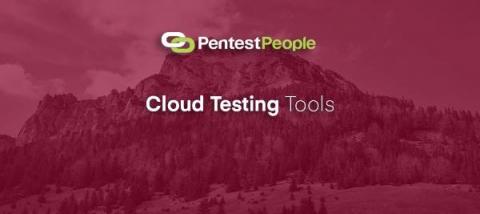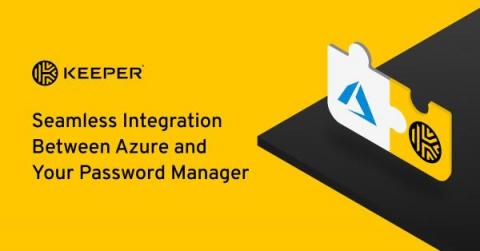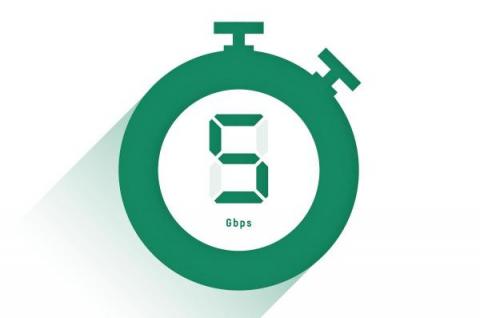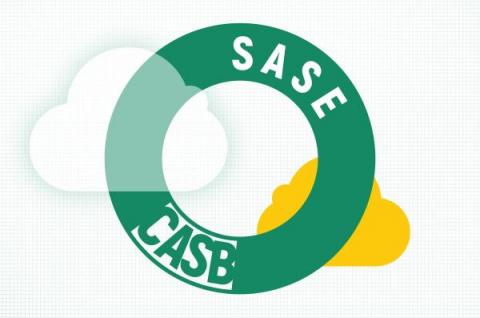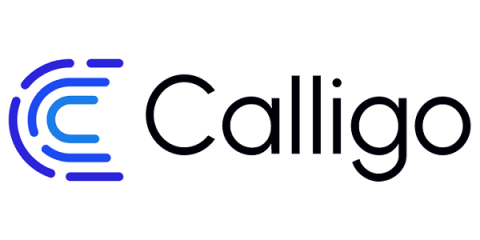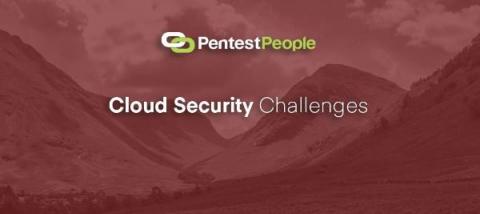What are Cloud Testing Tools?
Cloud testing tools are a set of software and hardware components that allow developers, testers, and IT professionals to test applications in the cloud. These tools give companies access to an array of cloud resources they can use for testing purposes. The cloud can provide a more cost-effective, agile, and scalable platform for testing applications compared to traditional on-premise systems.


